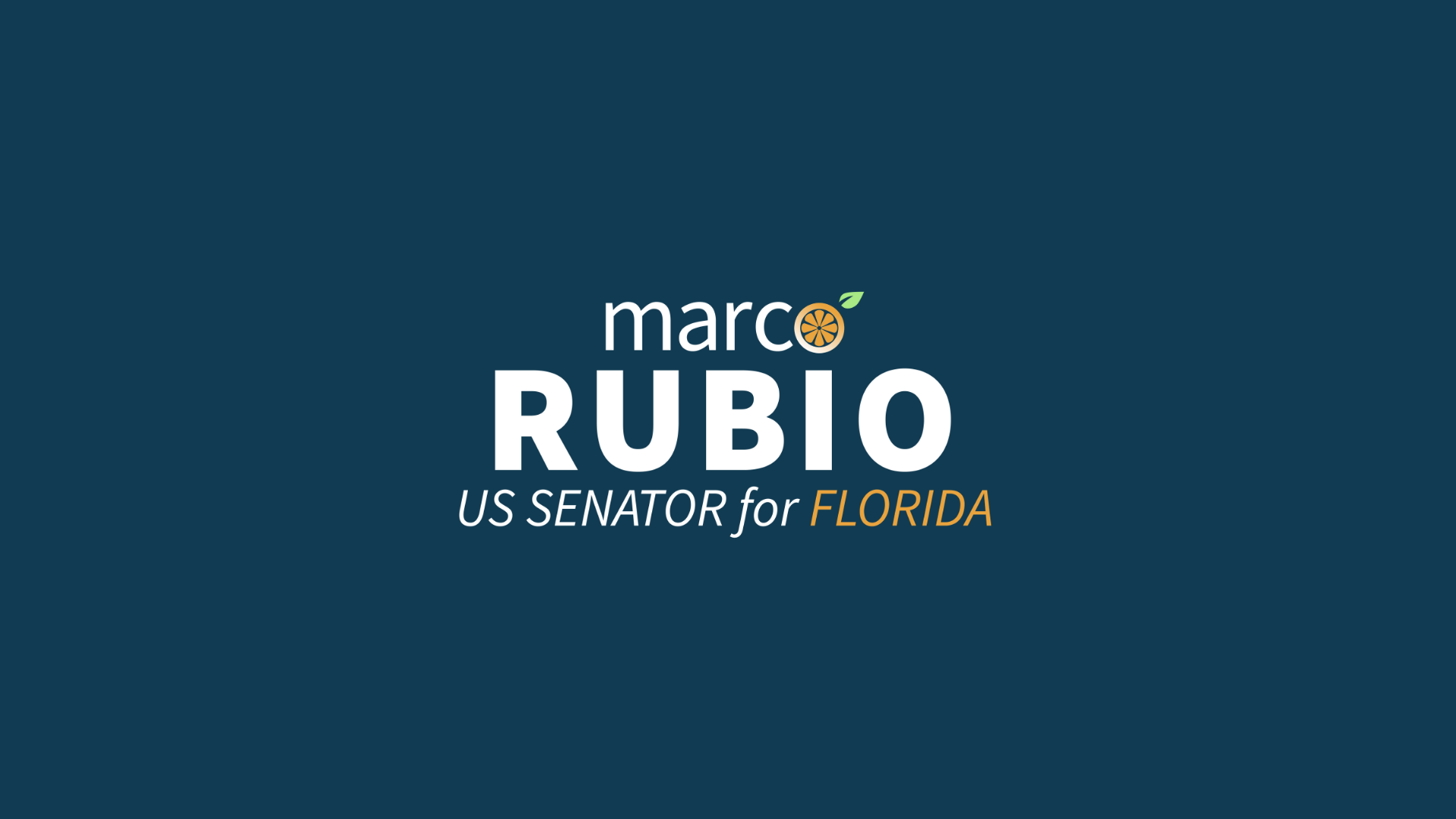Source: United States Senator for Florida Marco Rubio
Washington, D.C. — U.S. Senator Marco Rubio (R-FL) welcomed the Senate Select Committee on Intelligence’s passage of the Intelligence Authorization Act for Fiscal Year 2022 (IAA) with a bipartisan 16-0 vote. The bill authorizes funding, provides legal authorities, and enhances congressional oversight for the U.S. Intelligence Community (IC).
“Today the Senate Intelligence Committee voted to report legislation that rightly increases Intelligence Community resourcing focused on the threat posed by the People’s Republic of China and the Chinese Communist Party,” Vice Chairman Rubio said. “The bill also reaffirms the Committee’s critical role in overseeing of the Intelligence Community through provisions that protect Americans’ First Amendment rights, ensure expenditures are made judiciously, and hold the intelligence agencies accountable for their activities. In addition, the bill prioritizes the Committee’s ongoing oversight of China’s malign influence operations, unidentified aerial phenomena, and importantly, the safety of the men and women of the Intelligence Community, by expressly addressing the likely directed energy attacks that have inflicted brain injuries and the associated symptomology known as the ‘Havana Syndrome,’ as well as other physical harms, on American personnel around the world.”
“The Intelligence Authorization Act for Fiscal Year 2022 authorizes the funding for America’s intelligence agencies, and ensures they have the resources, personnel and authorities they need to keep our country safe, while operating under vigorous supervision and oversight,” Committee Chairman Warner said. “The funding and authorities provided in this bill will increase the Intelligence Community’s ability to detect and counter cyber threats, ransomware attacks, and other emerging threats, including those from near-peer adversaries such as China and Russia. This IAA will also reinforce oversight of the IC by strengthening protections for whistleblowers, reforming the security clearance process, and mandating a robust response to reported cases of ‘Havana Syndrome.’”
Background:
The IAA for Fiscal Year 2022 ensures that the Intelligence Community can perform its critical mission to protect our country and inform decision makers, while under robust Congressional oversight, including in the following key areas:
- Ensuring strong congressional oversight of and protections for IC whistleblowers who come forward to report waste, fraud or abuse, including the ability of whistleblowers to directly contact the congressional intelligence committees, and prohibiting the disclosure of whistleblower identities as a form of reprisal;
- Improving the IC’s response to the anomalous health incidents (AHI), known as “Havana Syndrome,” including by establishing a joint task force to address AHI, establishing a panel to assess the CIA’s response to AHI, requiring reporting on interagency AHI efforts, and providing affected IC employees and family members with access to expert medical advice and health facilities, including Walter Reed Medical Center;
- Increasing investments to address the growing national security threats and challenges posed by the Chinese Communist Party and its related influence operations, including in technology, infrastructure, and digital currencies;
- Improving the IC’s ability to adopt Artificial Intelligence (AI) and other emerging technologies;
- Continuing the Committee’s commitment to reform and improve the security clearance process, including mandating a performance management framework to assess the adoption and effectiveness of the Executive Branch’s “Trusted Workforce 2.0” initiative; more accurately measuring how long it takes to transfer clearances between Federal agencies so it can be shortened; creating IC-wide policies to share information on cleared contractors to enhance the effectiveness of insider threat programs, and codifying the appeals process to increase its transparency and accountability;
- Codifying the National Counterintelligence and Security Center’s role and authorities regarding counterintelligence programs;
- Addressing intelligence requirements in key locations worldwide, including in Latin America and Africa to confront foreign adversaries’ efforts to undermine the U.S. abroad;
- Bolstering investments in commercial imagery and analytic services to utilize the increasing capabilities offered in the commercial space sector, including through the establishment of a GEOINT data innovation fund;
- Strengthening the IC’s ability to conduct financial intelligence; and
- Supporting the IC’s efforts to assess unidentified aerial phenomena (UAP), following up on the work of the UAP Task Force.
###
